1. ΛΙΒΥΚΟΣ ΜΥΘΟΣ - Либийски мит (5)
Μῦθον Λιβυκὸν ἐκπονεῖν καὶ περὶ τὰ τοιαῦτα κατατρίβειν τὴν περὶ λόγους φιλοπονίαν οὐκ εὐτυχὲς μέν...
It has been suggested by some that the Libyan myth told in the fifth Discourse was one of a collection of myths ascribed to a certain Cybissus, a Libyan. Others discredit this view and hold that we have here one of the many stories told about Lamia, a fabulous she-monster, the daughter of Scylla, who devoured the flesh of children and young men. The same myth seems to be referred to in the seventy-third section of the fourth Discourse. A similar story is told by Lucian in Vera Historia.
2. ΤΡΩΙΚΟΣ ΥΠΕΡ ΤΟΥ ΙΛΙΟΝ ΜΗ ΑΛΩΝΑΙ - Троянска реч (за това, че Троя не е била превзета) (11)
Οἶδα μὲν ἔγωγε σχεδὸν ὅτι διδάσκειν μὲν ἀνθρώπους ἅπαντας χαλεπόν ἐστιν, ἐξαπατᾶν δὲ ῥᾴδιον. καὶ μανθάνουσι μὲν μόγις, ἐάν τι καὶ μάθωσι, παρ´ ὀλίγων τῶν εἰδότων...
The eleventh Discourse is interesting to us because it contains a great deal of the criticism of Homer from Plato's time down; and because it seems to be so evidently just a "stunt" to show what could be done to disprove what everyone believed to be a fact, some would assign it to the period before Dio's exile when he was a sophist. If this view is accepted, then the hostility Dio shows to the sophists is simply a pretence to make his auditors forget that he is a sophist himself, though he is at that very time performing one of the sophists' most characteristic acts. Others feel that in view of the self-assurance of the speaker and the skill with which he presents his arguments, the speech belongs to Dio's riper years and that he had some serious purpose in delivering it.
3. За Есхил, Софокъл и Еврипид, или "Лъкът на Филоктет" (52)
This Discourse is not merely an interesting bit of ancient literary criticism but also our chief source of information as to two of the three plays with which it deals, the Philoctetes of Aeschylus and that of Euripides, both known to‑day only in scanty fragments. The Euripidean play clearly appealed to Dio's rhetorical instincts; yet we are reminded of the situation in the Frogs of Aristophanes, the god of the drama yielding the palm to Aeschylus, though unmistakably prejudiced in favour of Euripides.
There was little occasion for Homer to refer to Philoctetes, whom he names in only three passages. Fuller details were obtainable from three epics belonging to what is known as the Cycle — the Cypria, the Little Iliad, and the Iliupersis. The high points in the epic version are as follows. Heracles, out of gratitude for services rendered, had given Philoctetes his bow and arrows, once the property of Apollo. When the Greeks sailed for Troy, Philoctetes guided them to the island of Chrysê, where they were to offer sacrifice. There a venomous serpent bit Philoctetes on the foot. His cries of anguish and the stench of his wound caused the Greeks to abandon him on the shores of Lemnos. Ten years later, when the Greek fortunes were at a low ebb, upon the advice of the seer Calchas and by the stratagem of Odysseus the Trojan seer Helenus was taken captive. He revealed that Troy could be taken only with the aid of Philoctetes and his bow, and that Neoptolemus, the son of Achilles, must come from Scyros. Accordingly Diomedes is sent for Philoctetes and Odysseus for Neoptolemus. Philoctetes is healed of his wound, slays Paris, and in company with Neoptolemus causes the downfall of Troy.
The occasion on which our Discourse was delivered is unknown. Dio's reference to the chill of the morning might suggest his home in Prusa as the setting for his adventure in dramatic criticism. His allusion to ill health and his manifest sympathy for the lonely Philoctetes, victim of misfortune, suggest the period subsequent to Dio's exile as the time of composition.
4. За Омир (53)
This Discourse, like the one preceding, lies mainly in the field of literary criticism. However, it contains less suggestion of independent judgement, being in the main a cursory survey of what various philosophers have thought and said about Homer. The fundamental importance of Homer in the scheme of Greek education is too well known to require documentation. If we may trust the words of the Greeks of the classic period, they gave little thought to the beauty of his language, prizing him rather than as a teacher par excellence. Dio, on the other hand, shows a consciousness of the beauty of his work. That he should have stressed in his appraisal of the poet the views of the philosophers, and above all Plato, was only to be expected. His familiarity with those views points to a relatively late period in his career as the time of composition of our Discourse.
The occasion to which we owe the speech is unknown. In style and theme it would be appropriate as an introduction to some public recitation from Homer. Though we hardly need additional testimony to the enduring fame of Homer, Dio's tribute affords striking testimony to the surprising range of the influence exerted by the poet.
5. ΝΕΣΤΩΡ - Нестор (57)
Διὰ τί ποτε δοκεῖ ὑμῖν Νέστορος Ὅμηρος ποιῆσαι τάδε τὰ ἔπη πρὸς Ἀγαμέμνονα καὶ Ἀχιλλέα: ἤδη γάρ ποτ´ ἐγὼ καὶ ἀρείοσιν ἠέπερ ὑμῖν ἀνδράσιν ὡμίλησα...
This little Discourse has as its immediate aim a defence of Nestor's behaviour in the famous passage in the first book of the Iliad, in which he seems to boast of his former prowess and importance. Dio maintains with some skill, not only that Homer intended the old man to speak as he did, but also that he did not mean to depict him as a braggart — the self-praise of Nestor was to serve the useful purpose of checking the quarrel between Agamemnon and Achilles.
Having made his point, Dio lets his audience into the secret that his sermon on Nestor was really designed to forestall possible criticism of himself when he should presently deliver an address which he had previously delivered before the Emperor. The emperor in question was doubtless Trajan, and the speech to which our Discourse was to serve as prelude may well have been one of Dio's four discourses On Kingship.
6. ΑΧΙΛΛΕΥΣ - Ахил (58)
Ὁ Ἀχιλλεὺς τὸν Χείρωνα ἤρετο, Τί μ᾽, ἔφη, τοξεύειν διδάσκεις; Ὅτι, ἔφη, καὶ τοῦτο τῶν πολεμικῶν ἐστιν. Δειλῶν, ἔφη, τὸ ἔργον ἐπὶ δειλούς. Πῶς; ἔφη...
This lively little sketch, whose spirit resembles strongly that of many of the dialogues of Lucian, is regarded by Arnim as a paraphrase of some dramatic composition, either a satyr play or some Cynic tragedy. The space devoted to a discussion of the relative merits of hoplite and archer reminds him of a similar discussion in the Heracles of Euripides, a play supposed to have been composed about the year 420 B.C., and he therefore suspects Dio's original to have come from about that period. Sophocles wrote a satyr play called Achilles' Lovers, which might have been the play here used by Dio.
The tradition according to which Cheiron the Centaur was tutor to Achilles is as old as Homer. According to Apollodorus, Thetis, detected by Peleus in the act of making Achilles immortal by passing him through the fire, abandoned her baby and her home and rejoined the Nereids. Thereupon Peleus entrusted the babe to Cheiron. But when Achilles was nine years of age, Thetis, having heard of the prophecy of Calchas, that Troy could not be taken without the aid of Achilles, and knowing that if he took part in the expedition he would meet his death, took him and dressed him as a girl and placed him in the care of Lycomedes on the island of Scyros. We must, therefore, suppose the lad to be not older than nine at the time of our Discourse.
7. ΦΙΛΟΚΤΗΤΗΣ - Филоктет (59)
ΟΔ. Φοβοῦμαι μήποτε μάτην κατ᾽ ἐμοῦ φανῶσι ταύτην οἱ σύμμαχοι τὴν δόξαν εἰληφότες ὡς ἀρίστου δὴ καὶ σοφωτάτου τῶν Ἑλλήνων...
This Discourse, as possibly also the one preceding, paraphrases a drama, the prologue of Euripides' Philoctetes. Dio has furnished a synopsis of practically the same material in Or. 52. The synopsis, however, contains two details not found in the paraphrase, namely, that Diomedes arrived in company with Odysseus and the nature of the chorus and its behaviour toward Philoctetes.
As Lemarchand observes, Dio himself, when recommending that the student of oratory should memorize for recitation speeches from Xenophon, prescribes that he should not make a slavish copy of the original but that he should rather select such passages as seemed most pertinent. Whether our Discourse be viewed as a school exercise or as intended for Dio's own delivery, it has undeniable unity as it stands. The rôle of Diomedes was undoubtedly minor. As handled by Euripides, after his initial entry with Odysseus Diomedes may well have temporarily withdrawn, leaving his companion to deliver the soliloquy with which our paraphrase begins. Furthermore the dialogue between Odysseus and Philoctetes took place prior to the entry of the chorus, as is obviously true of the entry of the Trojan envoys. Indeed, the concluding words of Philoctetes give the impression that at this point in the play both he and Odysseus went indoors, thus paving the way for the entry of the chorus.
8. ΝΕΣΣΟΣ Η ΔΗΙΑΝΕΙΡΑ - Нес, или Деянира (60)
Ἔχεις μοι λῦσαι ταύτην τὴν ἀπορίαν, πότερον δικαίως ἐγκαλοῦσιν οἱ μὲν τῷ Ἀρχιλόχῳ, οἱ δὲ τῷ Σοφοκλεῖ περὶ τῶν κατὰ τὸν Νέσσον καὶ τὴν Δηιάνειραν ἢ οὔ...
Dio's purpose in this little dialogue is apparently to display his dexterity in reconstructing Greek myth rather than to impart ethical instruction. A somewhat similar tour de force presents itself in the Trojan Discourse (Or. 11). Such exercises constituted a well-known feature of sophistic training and are not to be confused with the effort to rid ancient mythology of its grosser elements, an effort at least as old as Pindar.
In the present instance the myth in question seems not to have been popular. Though it may have figured in the cyclic epic, The Taking of Oechalia, there is no proof that it did. The only ancient Greek writers known to have dealt with the tale of Nessus and Deïaneira are the two named in the opening paragraph of our dialogue — Archilochus and Sophocles. All that is known of the version of Archilochus is contained in this brief reference and in two meagre scholia on Apollonius Rhodius and the Iliad respectively. The Sophoclean version is contained in his Trachiniae. There the murdered Nessus wreaks a posthumous vengeance upon his murderer in the manner here outlined by Dio. The dramatist puts into the mouth of Deïaneira herself the account of the attempt upon her honour (Trachiniae 555‑577).
The anonymous interlocutor in Dio's dialogue is a colourless individual, whose function seems to be, first of all, to afford Dio an opportunity to display his dexterity, and finally to pay "certain philosophers" the doubtful compliment of comparison with coroplasts. The natural inference from that comparison is that Dio himself has attained the standing of a philosopher; but the interlocutor does not say so in plain terms and there is little in the Discourse that smacks of philosophy. In general it seems more suited to Dio's sophistic period.
9. ΧΡΥΣΗΙΣ - Хризеида (61)
D. Ἐπεὶ τυγχάνεις οὐ φαύλως ἐπαινοῦσα Ὅμηρον οὐδὲ ὥσπερ οἱ πολλοὶ πιστεύουσα τῇ δόξῃ προσποιῇ θαυμάζειν· ὃ δὲ δεινότατός ἐστιν τὴν περὶ τὰ πάθη τῶν ἀνθρώπων ἐμπειρίαν...
In this little dialogue it would seem that Dio had chosen for discussion the most unpromising of topics. Little as is known about Briseïs, Homer at least tells us that when Agamemnon's messengers came to fetch her she followed them unwillingly, but Chryseïs, the involuntary cause of the quarrel out of which grew the Iliad, is restored to the arms of her father without giving the slightest clue to her emotions or desires. Apart from the epithet "fair-cheeked" which she shares with Briseïs, our only testimony regarding her personality is the tribute paid her by Agamemnon when he compares her with Clytemnestra to the disadvantage of the latter, a tribute, it may be, inspired as much by arrogant pride as by passion.
So far as is known, none of the Greek playwrights found in her story material suitable for dramatic treatment; yet Dio here undertakes the task of endowing this lay figure with life. His partner in the discussion is not a colourless individual, as is often the case, merely providing the cues for further argumentation and meekly assenting to the conclusions reached, but a woman with a mind of her own, repeatedly raising logical objections and asking pertinent questions. Her final utterance shows that, despite the dexterity of Dio, she has some lingering doubts about the true character of Chryseïs. It is of course peculiarly fitting that in treating such a topic as Chryseïs the interlocutor should be a woman, but that Dio should have cast a woman for such a rôle is of itself noteworthy, and there is such an atmosphere of verisimilitude surrounding the dialogue as to suggest that it may actually have taken place.
(J.W. Cohoon)
About the Latin Academy in the Vatican
13 years ago
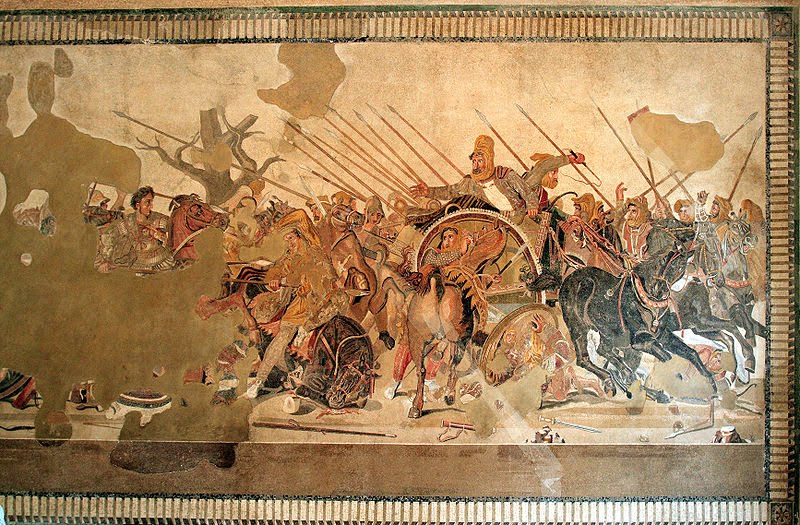
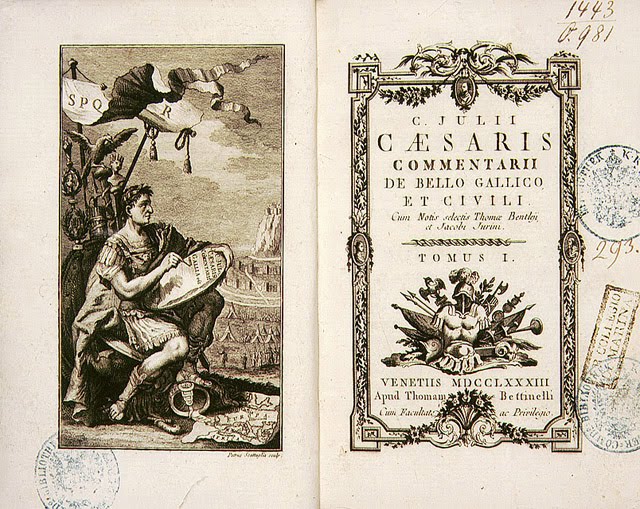
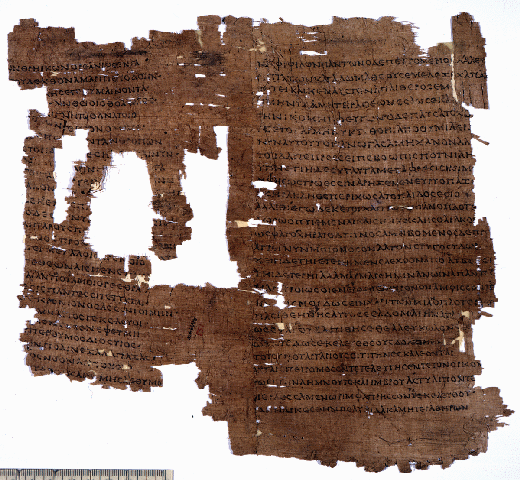
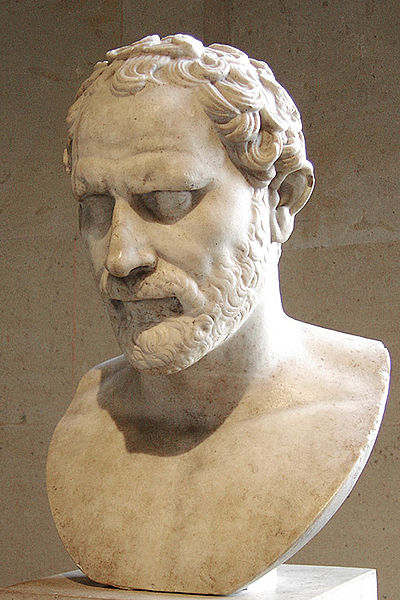


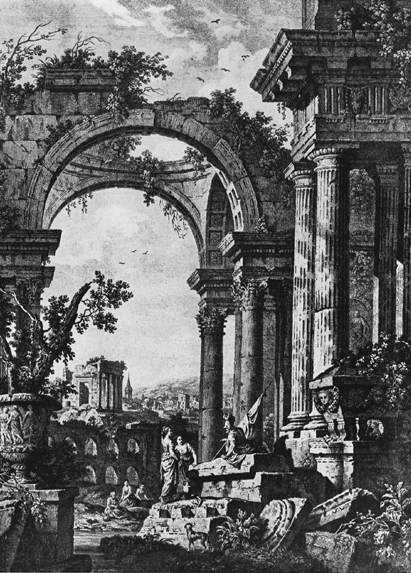




No comments:
Post a Comment